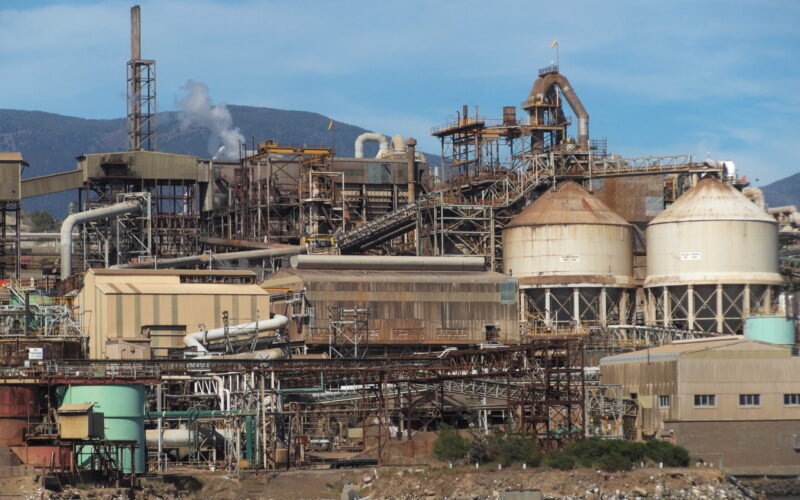The Federal Government is poised to support Nyrstar’s struggling lead and zinc smelters in Port Pirie and Hobart. Rising energy prices and collapsing treatment fees forced the company into steep losses. As a result, Canberra is preparing a “transitionary support” package.
A Trafigura-owned firm with a controversial past, Nyrstar has cut production by 25% to reduce costs. It has avoided staff layoffs so far. Now, it plans a $45 million feasibility study toward smelter upgrades costing around $1 billion, aiming to process critical minerals.
Saving Jobs & Regional Economies
More than 1,400 people work at the two smelters. Hundreds more rely on them indirectly. Tasmania’s Premier and Opposition leader both support efforts to keep operations alive. The Premier is working with federal and SA governments. Meanwhile, Opposition leader Dean Winter has promised $25 million in state funding if elected.
He warns losing Nyrstar would devastate local economies. “The loss of hundreds of jobs… would devastate the local economy,” he said. He argues that supporting the operation may cost less than letting it fail.
A Strategic Gamble on Critical Minerals
Nyrstar CEO Matt Howell maintains, “We’re looking for a hand up, not a hand out.” He blames Chinese subsidies for the global oversupply and the collapse in treatment fees—from US$165 to US$80 a tonne.
Nyrstar already benefits from subsidised freight and $70 million in earlier grants. Critics question additional funding and warn taxpayers are bearing undue risk. Nyrstar argues that its facilities are vital for processing strategic minerals like antimony, bismuth, germanium, and indium—key ingredients in batteries, rockets, and electronics.
Can Government Pick Winners?
Trafigura posted a half-year profit of US$1.5 billion. Its ownership of Nyrstar raises questions. CEO Richard Holtum states smelting capacity is a “national security issue” that may require government control or subsidy. But skeptics counter: demand for these niche by-products remains uncertain. Australia’s major miners invest overseas, and no allied power has guaranteed purchase commitments.
With significant existing subsidies and doubtful market demand, any fresh funding is a significant gamble. Governments should question whether they should pick industry winners—and if so, for how long.







